March 2009: It was one of those writing moments when I thought carefully about every word; about whether I would be understood or misunderstood. The Belfast Telegraph used my photograph alongside a short blurb: How - after Saturday - do you begin to explain to people that the dissidents are not an IRA?
That Saturday was March 7th 2009; when another murder scene was painted onto the canvas of an imperfect, troubled, tortuous peace. Two soldiers were dead, and among the wounded, were two pizza delivery drivers. One of the many front page headlines described an evil that had returned. And, as I typed, I was trying to find the words that recognised the horror of what had happened, but that also made the point that the dissidents are not an IRA.
This is some of what I wrote: After the shooting, killing and wounding at Massereene Barracks you could argue, it is not the point. But it is the point in terms of political and security responses and the future of Northern Ireland, or the north as others prefer to call it. At the weekend, the dissidents painted a murder scene and a reminder of the dark old days - but they cannot recreate the ‘war’ and all the daily routine and happenings in that decades-long conflict... Massereene, to quote one republican source, is “their best so far”. It sounds so cold and callous, but it is not meant that way. He means “best so far” in terms of how they want and would like to portray themselves - as an army fighting an army.
When you write on conflict, speak on it, offer context, there are some who read and hear that as excusing or dismissing actions. This is not what I was doing. Those difficult words I wrote then, and have repeated many times since, were inviting people to look not just into that frame of the shootings at Massereene, but to see the wider intention and motivation.
The dissidents were targeting Adams and McGuinness - their strategy: trying to bring the IRA back in, trying to wreck the peace. They were hoping for knee-jerk security and political and loyalist responses that would rewind into the past and create a sense of crisis. My words were about trying to explain all of this; words I spoke into RTE, BBC, Channel 4 and other news coverage that day. Then, the news broke that a police officer, Stephen Carroll, had been shot dead in Craigavon by another of the dissident organisations. And I found myself writing more words, built this time on a conversation with Chief Constable Sir Hugh Orde.
He asked the question: “What are these idiots trying to do? Getting the British Army back onto the streets to spend the next 30 years getting them back off the streets.” Orde had “no intention of bringing the military back into the routine of policing”. No intention of giving the dissidents the “victory” they wanted. I used his words on March 10th, and hours later, Martin McGuinness - standing with Orde and First Minister Peter Robinson - labelled the dissidents as “traitors”. Loyalists also avoided the dissident trap. Yes, they thought about returning fire, put their decommissioning plans on hold but, as in 1996, after IRA bombs in London and at Thiepval Barracks in Lisburn, they were held back.
On my diary page March 10th 2009, I find the name of the former Stormont MLA Dawn Purvis; find it alongside the names of Robinson, Dodds, McGuinness, Adams, Empey, Durkan and Ford - the political leadership of this place at that time. Beside the names, I wrote the words, private meeting. And, just months later, the Progressive Unionist Party leader spoke at that loyalist news conference on decommissioning; when there was confirmation of just how close things came to falling apart not that many months earlier.
Shoot back - or hold back?
“In March 2009, all preparations were suspended following the attacks on UK citizens at Massereene Barracks and Craigavon. Assurances were sought from the Government, and from the Irish Government , that those responsible, in whatever jurisdiction, would be vigorously pursued and the failures of 1969 would not be revisited upon our community. Only when forthright assurances were given, and it became clear that they would be honoured, did our process resume.”
Ulster Volunteer Force & Red Hand Commando Command Staff Belfast, Saturday 27th June 2009
The words above are from paragraph three of a UVF/Red Hand Commando statement in June 2009 - confirming their decommissioning, but explaining how that process was almost derailed by dissident republican killings. There was a choice to be made - to shoot back or to put their arms beyond use.
 Trying to find the right words. Reporting conflict is a walk on eggshells. Two soldiers and a police officer are dead, but this threat from dissidents is not a rerun of the IRA campaign or in any way comparable to the levels of violence in the 1970s, 80s or 90s.
Trying to find the right words. Reporting conflict is a walk on eggshells. Two soldiers and a police officer are dead, but this threat from dissidents is not a rerun of the IRA campaign or in any way comparable to the levels of violence in the 1970s, 80s or 90s.
Text transcript
GETTING TOUGH NOW WILL ONLY PLAY INTO THE HANDS OF KILLERS
Dissident republicans want a heavy security response to the Massereene and Craigavon murders. Sir Hugh Orde is not likely to give it to them, says Brian Rowan
Sir Hugh Orde knows what the dissidents are looking for out of that murder mission at the weekend - and, now, last night's shooting of a PSNI officer in Craigavon. He knows they are waiting for and hoping for a security response - something that demonstrates that they are succeeding and that policing and politics and peace are failing.
"What are these idiots trying to do?" he asked, "Getting the British Army back onto the streets to spend the next 30 years getting them back off the streets."
The Chief Constable will not walk into that trap. He has made that perfectly clear.
"Categorically" he states that he has "no intention of bringing the military back into the routine of policing".
Sir Hugh was speaking before one of his officers was murdered last night.
But he knows that to paint troops back into the picture would be to "give the victory" the dissidents want.
All of that said, these recent attacks will change things.
Security arrangements at bases will change, and there will be changes to the routine that soldiers have allowed to develop as the peace has been built and as they have relaxed into those changing circumstances.
But juggling resources - reviewing operations - is part and parcel of what goes on here, part of the security task and job.
"That's what we do all the time," the Chief Constable said. "That's what I'm paid to do."
Right now, all of that will happen on a daily - indeed hourly - basis.
It was happening before the Craigavon shooting.
The dissidents have now killed a police officer and two soldiers.
That has happened within the space of a few days - killings that came after a series of failed attacks.
The Real IRA will have known that there is a routine, a pattern that develops around soldiers in the towns in which they are based.
It is something that is easily seen and Saturday's attack was possible because the dissidents put the jigsaw together.
Unarmed soldiers - waiting for food - walked into their gunfire and there was no escape, no place to take cover.
It is likely that the gunmen were experienced in this type of attack.
As one source said, he would be "staggered" if this was "their first hit".
And this is one of the things the police will be looking at - who operating in that dissident republican world is capable of this?
Yesterday, hours before the attack in Craigavon, Sir Hugh Orde discussed the security picture with the Prime Minister.
If he feels he needs something more, then he will ask for it, but he stresses that "you have to be realistic about this".
There is no such thing as perfect security or a complete intelligence picture - never has been.
For all the watching and listening of the intelligence world, the IRA still managed to launch mortar bombs at Downing Street and still managed to smuggle in Libyan-supplied weapons.
In that surveillance world you don't see and hear everything.
The latest dissident attacks are not just about targeting the security forces.
These are attacks on the peace process and on the Sinn Feinn strategy. The dissidents consider Gerry Adams and Martin McGuinness to be traitors.
It is also about targeting police officers and soldiers to tell young nationalists and republicans that it is not safe to join the PSNI - that if they take that step then they are risking their lives.
Three killings in such a short space of time is a confirmation of that - those murders are about adding to the fears.
So, there is a lot to think about - both what to do and what not to do.
What happened at the weekend and last night needs a thought-through response.
That is what is happening.
In the worlds of politics and policing they know what the dissidents want. They are not going to give it to them.
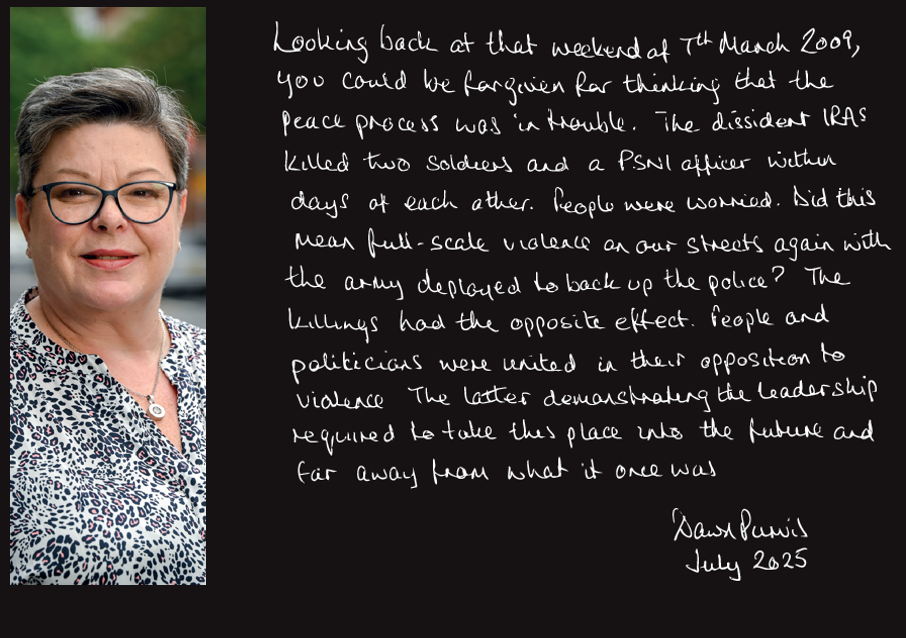 Dawn Purvis thinking back to 2009 and the headlines of murder. Would this mean full-scale violence on our streets again? The answer was no.
Dawn Purvis thinking back to 2009 and the headlines of murder. Would this mean full-scale violence on our streets again? The answer was no.
Text transcript
Looking back at that weekend of 7th March 2009, you could be forgiven for thinking that the peace process was in trouble. The dissident IRAs killed two soldiers and a PSNI officer within days of each other. People were worried. Did this mean full-scale violence on our streets again with the army deployed to back up the police? The killings had the opposite effect. People and politicians were united in their opposition to violence. The latter demonstrating the leadership required to take this place into the future and far away from what it once was.
Dawn Purvis July 2025
Download the archive (PDF, 37MB)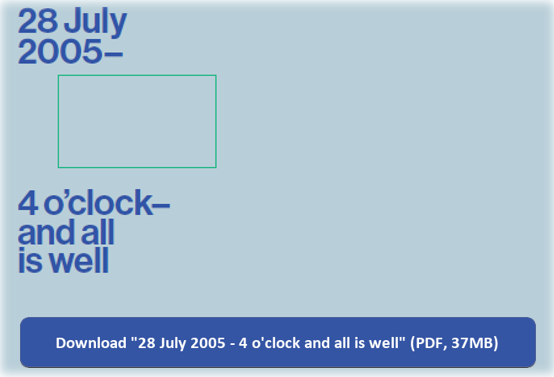

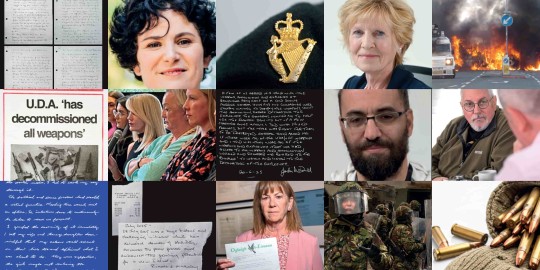
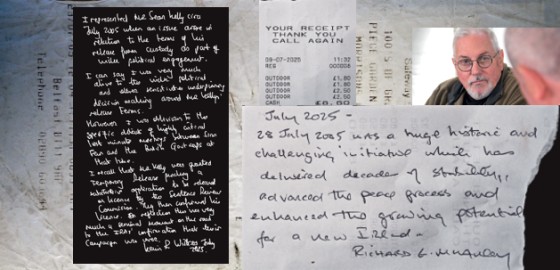
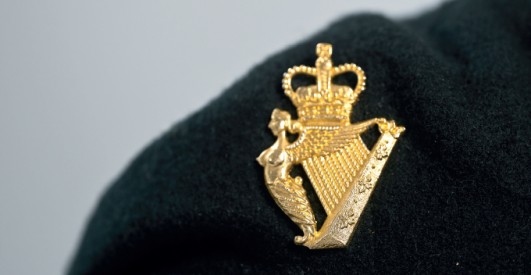
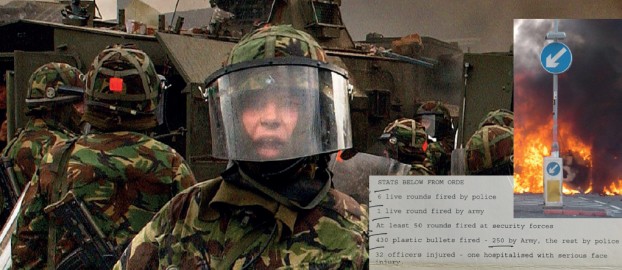
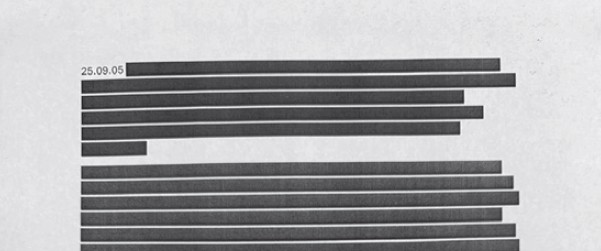
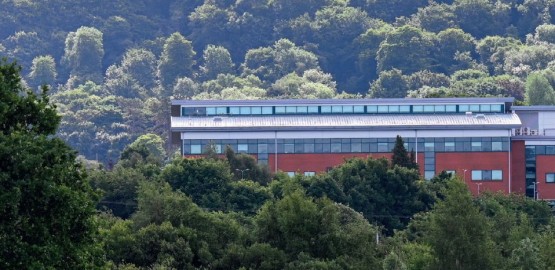
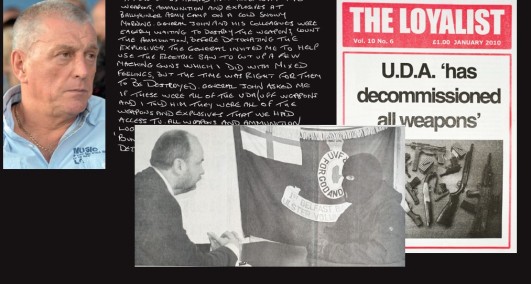
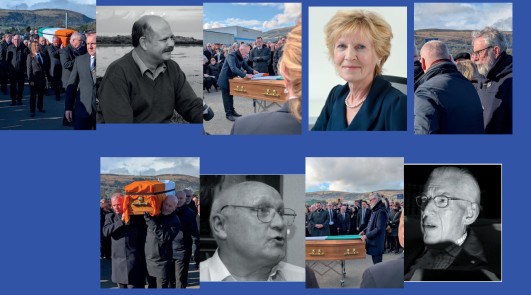
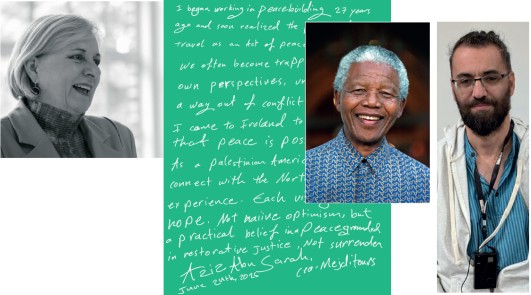

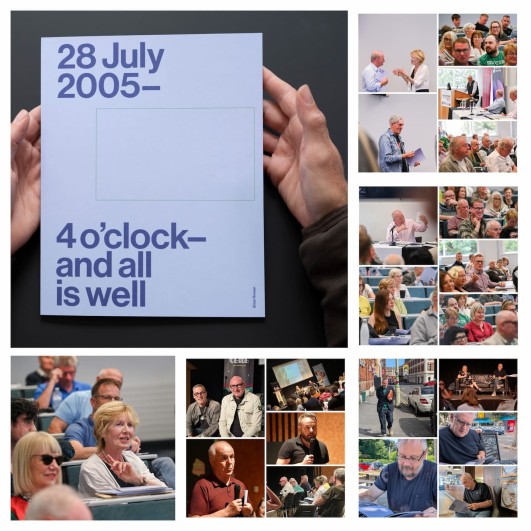

Rate and Review
Rate this article
Review this article
Log into OpenLearn to leave reviews and join in the conversation.
Article reviews